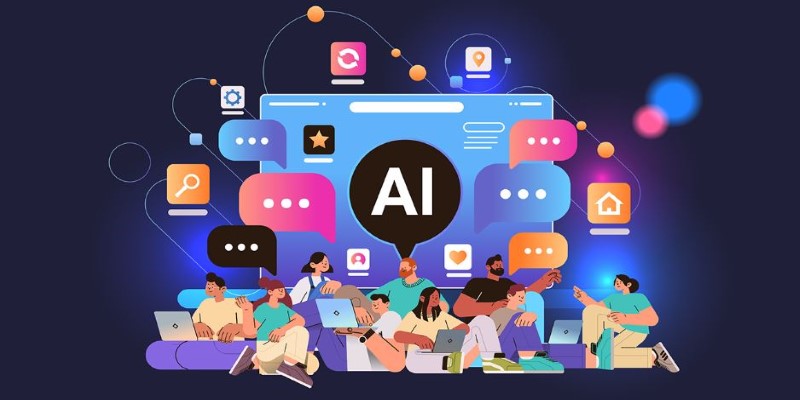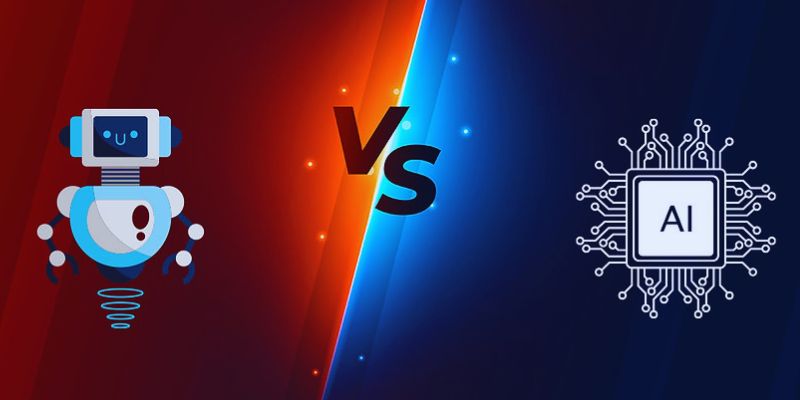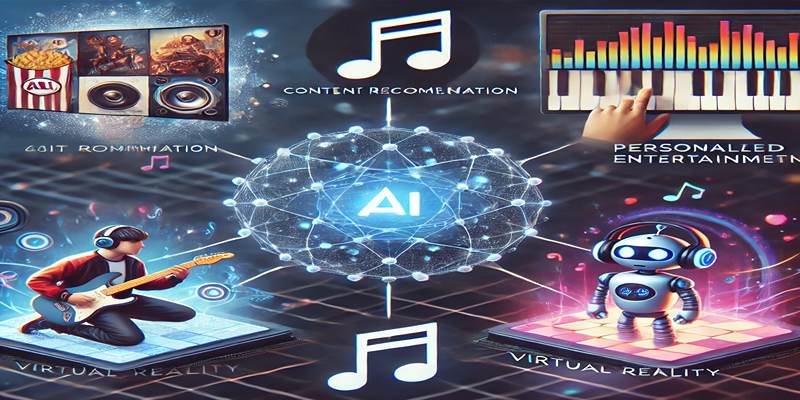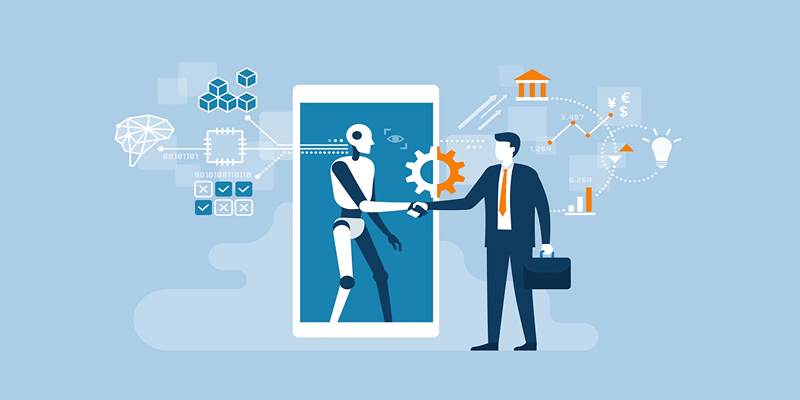The digital era has revolutionized education, with generative AI tools like ChatGPT offering new learning approaches. Parents and students are now embracing concepts like AI-driven creativity and personalized learning. In just a few years, these tools have significantly influenced how learners engage with education. To understand their impact, we gathered insights from parents and students, revealing how generative AI is transforming learning by enhancing creativity, personalization, and confidence.
Their feedback offers a fascinating glimpse into how generative AI is fostering creativity, boosting engagement, and personalizing education in a way that wasn’t possible before. While some were initially skeptical, many have come to appreciate the real benefits AI provides in tackling educational challenges. Let’s explore three key themes that emerged from these conversations.
Enhancing Creativity and Critical Thinking
One of the major themes that parents and students pointed out was how generative AI is unlocking creativity in learners. In traditional classrooms, creative exercises often have strict guidelines, leaving little room for students to express themselves. AI tools are opening new doors by offering endless prompts and ideas for writing, art, and even problem-solving tasks. These tools, therefore, do suggest topics that students mightn't have conceived otherwise or plot twists and also unique perspectives otherwise. Thus, learners are continually experimenting with multiple creative approaches to their writing tasks.
Parents indicated that their kids seem more confident in approaching creative tasks with AI, which gives them the impetus they require at the starting point. For instance, one of the parents of a high school student reported that her daughter was previously struck by writer's block. After working with different writing tools using generative AI, she started creating story outlines, trying different genres, and experimenting with tough themes. This new belief in her ability to create excellent creative writing spurred her to risk-taking and even out-of-the-box thinking.
Students, on the other hand, appreciated how AI tools challenge them to think critically. Instead of simply accepting the AI’s suggestions, they often evaluate and refine its output, which sharpens their analytical skills. By comparing different AI-generated ideas, students learn to select and modify content that best fits their vision, pushing them to dig deeper, compare perspectives, and arrive at more thoughtful conclusions. This process enhances both their creative and critical thinking abilities simultaneously, making the learning journey more enriching and engaging.
Personalized Learning Tailored to Individual Needs
Another standout benefit of generative AI in education is its ability to personalize learning experiences. Traditional teaching methods tend to follow a one-size-fits-all approach, which can leave some students struggling to keep up while others become bored from lack of challenge. Generative AI offers a solution by adapting to each student's pace and style of learning. It assesses learners' strengths and weaknesses and then curates content accordingly, ensuring that no student feels left behind or unchallenged.

Parents noted that AI-driven platforms help their children grasp difficult concepts by offering personalized explanations and examples. For instance, one father of a middle schooler explained how an AI-powered math tutor helped his son finally understand algebraic equations. The AI tool broke down complex problems into smaller, manageable steps, adjusted its teaching style based on the boy’s responses, and provided supportive feedback tailored to his learning style. This customized guidance meant that students could revisit challenging topics as many times as needed without frustration, reinforcing their understanding and boosting their motivation.
Students also appreciated the flexibility AI provides in learning at their own pace. Many college students emphasized how AI-assisted learning allowed them to revisit difficult topics without feeling rushed or embarrassed. They mentioned using generative AI tools to practice languages, solve equations, or prepare for exams by generating mock questions tailored to their weak areas. This level of customization empowered students to take control of their education, balancing areas of improvement with their interests and strengths, leading to a more engaging and effective learning experience.
Overcoming Learning Anxiety and Building Confidence
Learning anxiety is a common issue among students, particularly when they feel overwhelmed by the pace or content of traditional education. Generative AI, by offering non-judgmental assistance, is helping many learners overcome this barrier. These AI tools create a safe space where students can interact without fear of being wrong, which lowers the stakes and reduces the pressure associated with learning new concepts. The anonymity and patience of AI allow learners to experiment, make mistakes, and learn at their own pace.

Several parents noted that AI tools create a low-pressure environment where children can explore new topics without fear of making mistakes. One parent described how her son, who previously hesitated to participate in class, now enjoys using AI-driven platforms to explore science experiments and write essays at home. The encouragement offered by AI—through constructive feedback, gentle corrections, and endless opportunities to try again—instilled a sense of empowerment. This newfound confidence gradually translated into greater participation in school discussions and activities, bridging the gap between home and classroom learning environments.
Students shared that AI-powered tools have given them a greater sense of control over their learning. One high school student explained how AI assistance helped her tackle challenging research projects by gathering information, organizing ideas, and drafting initial versions. This iterative process reduced her anxiety, improved her academic performance, and made learning enjoyable, fostering a positive attitude toward continuous growth.
Conclusion
The integration of generative AI into education offers immense potential, fostering creativity, enhancing personalized learning, and helping students build confidence. Parents and students alike appreciate how AI tools provide tailored support, reduce learning anxiety, and inspire critical thinking. However, they also emphasize the importance of using AI responsibly, ensuring it complements rather than replaces genuine learning efforts. With thoughtful application, generative AI can serve as a valuable educational ally, empowering learners to explore subjects deeply and independently. As AI technology continues to evolve, its role in shaping a more engaging, personalized, and supportive learning environment will only grow further.









